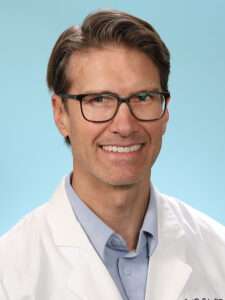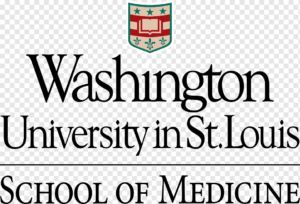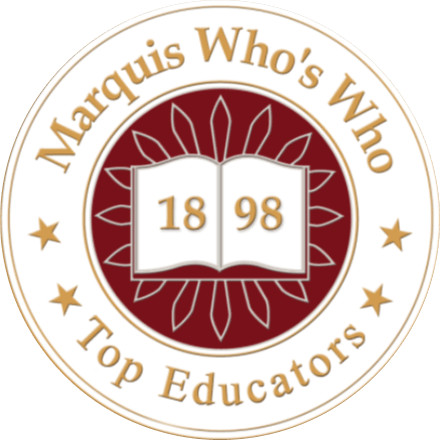
Title: Assistant Professor
Company: Washington University School of Medicine in St. Louis
Location: St. Louis, Missouri, United States
Carl J. DeSelm, MD, PhD, Assistant Professor at Washington University School of Medicine in St. Louis, has been recognized by Marquis Who’s Who Top Educators for dedication, achievements, and leadership in scientific research and medical education.
With years of experience to his credit, Dr. DeSelm has most recently excelled at the Washington University School of Medicine in St. Louis as an assistant professor and principal investigator since 2018. In this position, he supervises his eponymous laboratory, aids in the analysis and conducting of experiments, and develops chimeric antigen receptor (CAR) T-Cell and CAR myeloid therapies for cancer and other debilitating diseases. Moreover, Dr. DeSelm is responsible for reviewing grants, serving on the committee for the Cancer Biology PhD program, and directly treating cancer patients in his clinical Radiation Oncology practice at Siteman Cancer Center.
Dr. DeSelm has been additionally active at Memorial Sloan Kettering Cancer Center (MSKCC) as a resident and postdoctoral fellow. He served and was trained as a resident physician at MSKCC from 2013 to 2017 and a research fellow from 2016 to 2018 in the laboratory of Dr. Michel Sadelain, a major pioneer of CAR T-cell therapy.
Dr. DeSelm began his MD career as a general medicine resident intern at the Washington University School of Medicine and Barnes-Jewish Hospital between 2012 and 2013. Beyond his primary responsibilities, Dr. DeSelm is affiliated with such organizations as the American Society for Clinical Oncology, the American Society for Radiation Oncology, the American Society for Cell and Gene Therapy, and the Radiation Research Society.
To support his professional ambitions, Dr. DeSelm initially pursued an education at Dartmouth College, from which he earned a bachelor’s degree in biochemistry and molecular biology in 2004. He continued his academic efforts with a Doctor of Medicine and a Doctor of Philosophy at Washington University in St. Louis from 2005 – 2012. He obtained his PhD in molecular and cellular biology in the laboratory of Dr. Steven Teitelbaum, focusing on bone immunobiology.
In light of his impressive undertakings, Dr. DeSelm has accrued several accolades throughout his career. In 2018, he was presented with an Early Independence Award from the National Institutes of Health, which is given to a small number of investigators across all fields of research who have the potential to make a substantial impact, rather than a marginal gain, in science or medicine. He was subsequently recognized as a Top Doctor by Castle Connolly beginning in 2020. Furthermore, Dr. DeSelm was celebrated by Agilent with a National Early Career Professor Award, which is awarded to a single investigator across the nation annually for their early career scientific contributions.
Dr. DeSelm has attributed his success to his continued prioritization of strong education, the support of important figures in his life such as his wife, family and colleagues, and the opportunities to creatively work alongside exceptional individuals in his field. He draws significant inspiration from his PhD mentor, Steven Teitelbaum, whose support has been critical in finding success in a laboratory environment.
Dr. DeSelm is particularly proud of demonstrating the synergistic effects of radiation therapy with CAR T-cells through preclinical trials, the result of which impacts clinical decision making for leukemia and lymphoma. Among the highlights of his career, he fondly recalls publishing a recent research paper on developing a living drug, CAR macrophage therapy, for Alzheimer’s disease, a groundbreaking achievement that will hopefully lead to clinical trials using CAR macrophages for an array of non-cancerous conditions. He is currently leading collaborative projects to develop CAR macrophages for other diseases ranging from heart disease to macular degeneration, for which he has a lot of enthusiasm. Additionally, he is grateful to develop new classes of living drugs utilizing antigen-presenting cells that will initiate immune responses against tumors during cancer treatment to an unprecedented degree. In the coming years, Dr. DeSelm hopes to continue thriving in academic medicine and usher his living drugs toward trials in human patients that will eventually be approved to treat cancer and other devastating conditions like heart disease, Alzheimer’s, and autoimmune diseases, in which precisely orchestrating the immune response may successfully eliminate the culprit with minimal side effects, to provide new cures rather than just treatments.

For more information, please visit:
Carl DeSelm Lab
Contact Dr. DeSelm:
